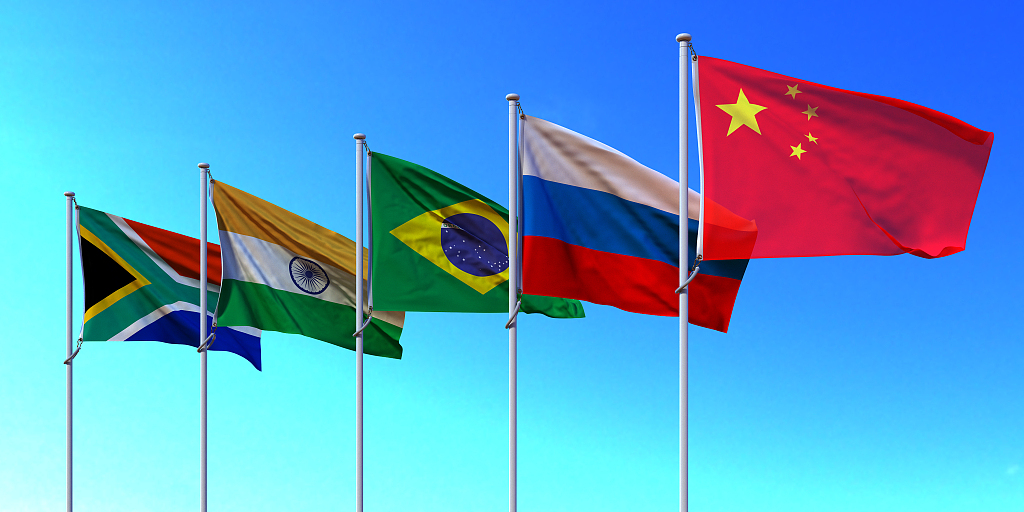Soft power refers to the ability to achieve goals by attraction through political, moral or cultural influence, by subtle economic means…reports Asian Lite News
Movies, music, documentaries, and languages are tools of ‘soft power’, and in the ongoing International BRICS Youth Camp in Russia’s Ulyanovsk, delegates emphasised harnessing these soft powers.
As many as 60 delegates from five BRICS countries — Brazil, Russia, India, China, and South Africa — are participating in the summit. Of them, 10 are from India. All participants are aged between 18 and 35 years.
Daria Ivankova, Director of the TV BRICS International Cooperation Department, spoke about TV BRICS at the summit. “TV BRICS is all about building and promoting a positive and peaceful image of each country using local news and other types of media content. We are not focused on difference, but we are about cooperation and things we all have in common.”
Soft power refers to the ability to achieve goals by attraction through political, moral or cultural influence, by subtle economic means.
“Our music and movies can give each other a better understanding of our culture and rich heritage. To bring our diversity on one platform, we have TV BRICS and we want to incorporate more countries, more local languages and more content to it. Not just this, TV BRICS also have the latest updates of all BRICS countries for better awareness,” she added.
During the summit, a screening of Dostoevsky Intercontinental –- a documentary on the work and life of popular Russian author Fyodor Dostoevsky — was organised.
All five BRICS countries came together to make this documentary. The documentary production partners included CGTN-RUS (China Global Television Network); Grupo Bandeirantes De Comunicacao (Brazil); MOJA MEDIA holding (South Africa); Malai Murasu TV Regional Television Company (India) and Russian Centre of Science and Culture in Chennai (India); and Prodvizhenie TV channel (Russia).
Western nations slammed for use of media in global affairs
The theme for the ongoing third International BRICS Youth Camp in Russia’s Ulyanovsk region is ‘media’, and on Saturday, one of the major topics of discussion was the “use of media by Western countries to form opinions against BRICS countries”.
As many as 60 participants from five BRICS countries — Brazil, Russia, India, China, and South Africa — are participating in the camp. Of them, 10 are from India.
South African delegate Abbey Makoe said: “Western governments enlisted the media as a vehicle for use in the battle of ideas in domestic and global affairs… (media) switched from being the ears and eyes of society to being a lame duck, a poodle. Practising journalists have become shameless propagandists. Journalists are acutely aware about the inherent dangers to their employment if they challenge the status quo.”
Another speaker Viktoria Polikarpova, deputy news director of Sputnik International News Agency and Radio Broadcaster, spoke on the increasing fake news in media. She said: “News platforms like BBC, Guardian or the New York Times run a narrative that suits their politics. They never highlight the true story of Russia or India. We need to tell our story in our own manner and therefore, we are working on removing the middleman and connecting directly with our representatives from different countries for fact-checking.”
Some of the other speakers were Ji Deqiang, Professor from University of China; Jacqueline Maphala, producer at South Africa Broadcasting Corporation (SABC) and others.
For this summit, Gujarat’s Home Minister Harsh Sanghavi also sent a message to the organisers, in which he wrote: “The theme of the programme is very special in today’s time and I hope all participants will receive a very enriching experience… BRICS is evolving as one of the most influential global platforms that pave the way for a better future.”
ALSO READ-PM Modi to attend BRICS Summit in Johannesburg this month

Leave a Reply